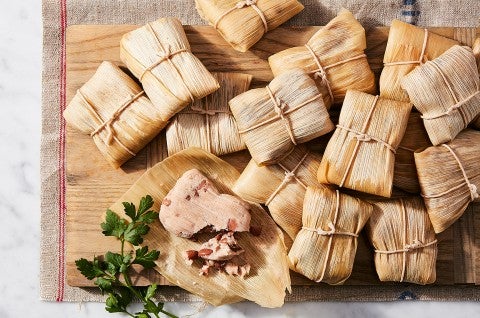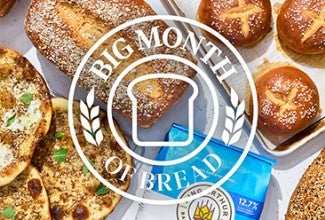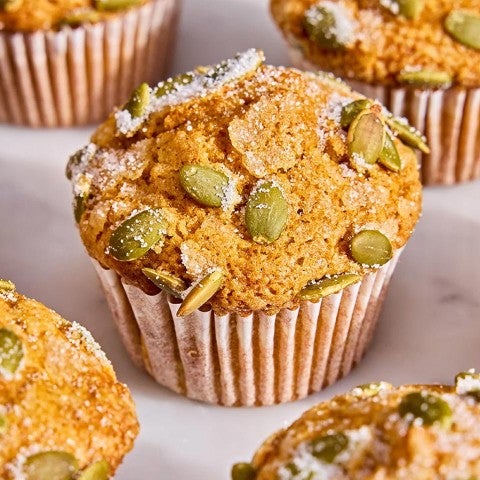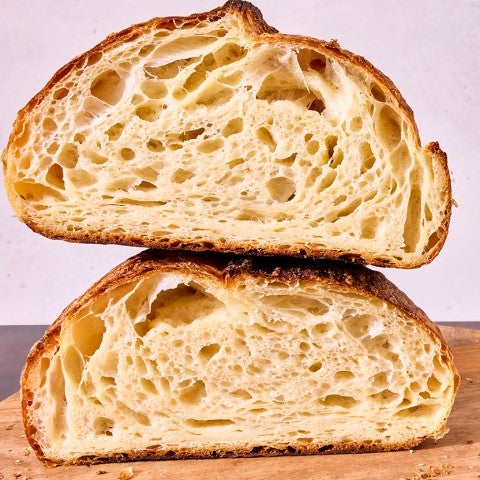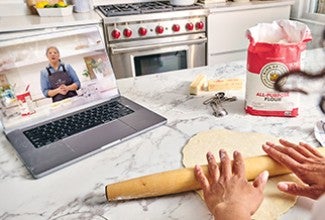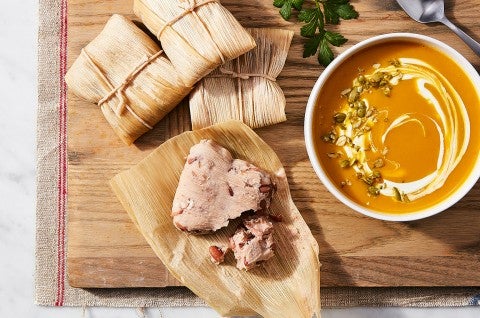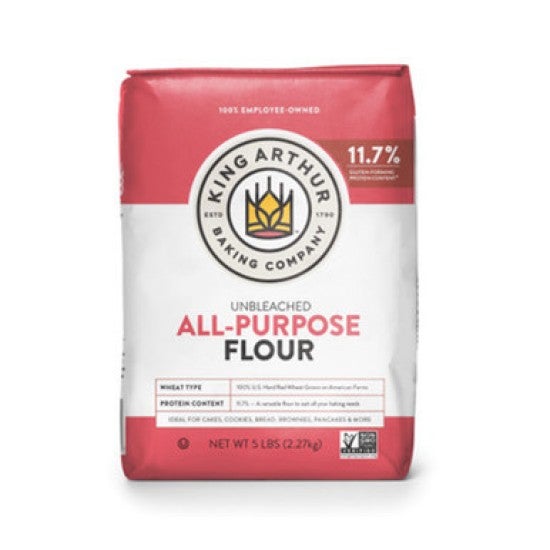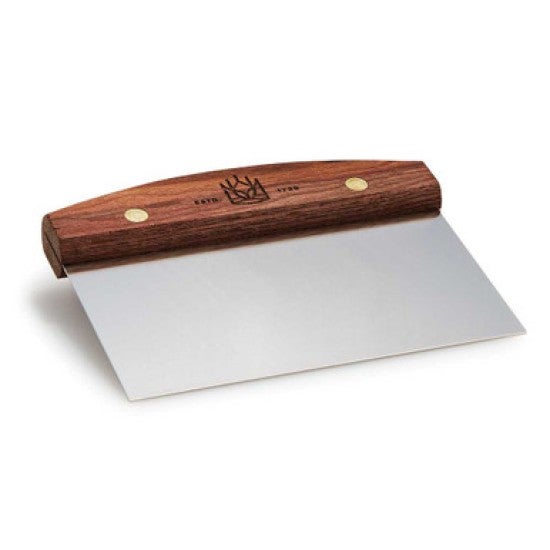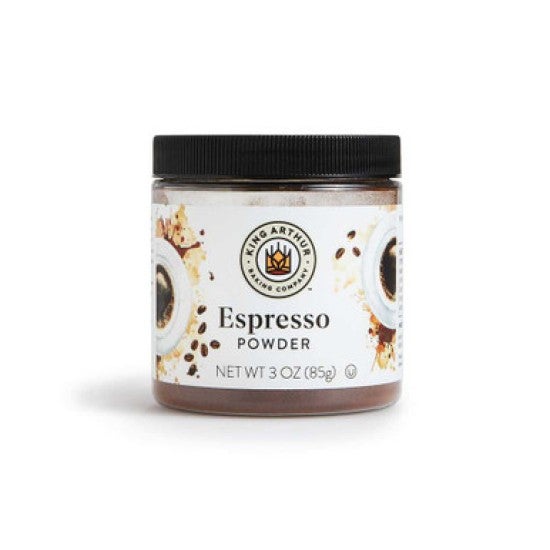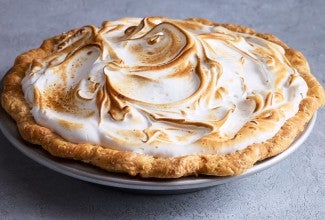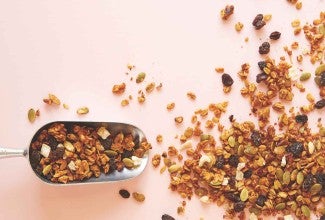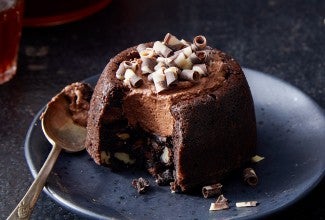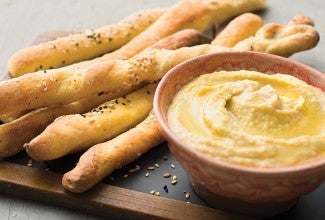-
To cook the beans: Place the beans and water in a 3-quart saucepan.
-
Bring the beans to a boil, reduce the heat to a low simmer, then cover and cook for about 2 hours, adding water as needed if the water level falls below the top of the beans. Cooking time will vary depending on the freshness and type of bean used, so if they’re not tender after 2 hours, continue to cook and taste every 15 to 30 minutes until they’re creamy all the way through.
-
When the beans are tender remove them from the heat and set aside. Beans may be prepared the night before and refrigerated in their broth overnight if desired; reheat the beans and broth to a simmer before preparing the bread.
-
To make the bean bread: In a large mixing bowl, combine the masa harina and salt.
-
Strain the cooked beans, reserving their liquid.
-
Add the beans to the masa mixture and gently stir until evenly distributed.
-
Add 2 1/2 cups (568g) of the reserved hot bean broth to the bowl. Fold the mixture together until all the flour is incorporated and a uniform, sticky dough forms; it should be about the consistency of chocolate chip cookie dough. If needed, add extra broth a few tablespoons at a time until the desired texture is achieved.
-
Fill a large pot (at least 7 to 8 quarts) about three-quarters of the way full of water. Bring to a boil over medium-high heat while shaping the breads.
-
Use your hands to scoop about 1/3 cup (94g) portions of the lukewarm dough. Shape the dough into balls and flatten slightly into ovals about 3” wide x 1” thick.
-
Wrap each bread in a corn husk, folding the husk around it on all sides to completely enclose it. If the husks are on the small side, use two husks per bread to ensure all sides are covered.
-
Pull a thin strip from another corn husk and tie it around the bread to secure the wrapper. Use kitchen twine if the strips of corn husk prove difficult.
-
Repeat with the remaining breads.
-
Carefully place the breads into the pot of boiling water. Allow the water to come back to a boil, then reduce to a simmer.
-
Simmer the breads, uncovered, for about 45 minutes. Check for doneness by removing a bread from the water and carefully pulling back the husk; if the husk pulls away from the bread easily, it's done. If the husk sticks to the bread, it needs a little more time.
-
When the breads are cooked, drain off the water and allow the breads to drain and cool a bit before serving.
-
Storage information: Store breads, wrapped individually in corn husks (to prevent them from sticking together), in the refrigerator in an airtight container for up to a week; freeze for longer storage.
